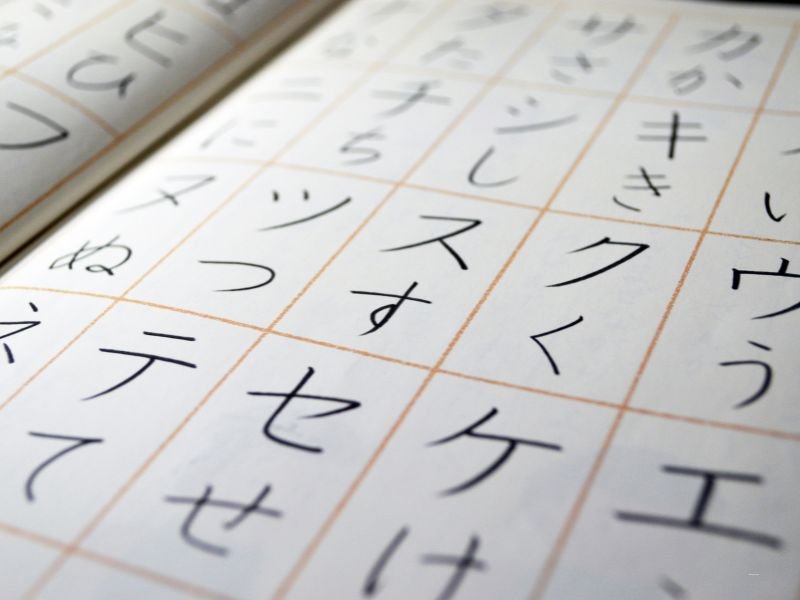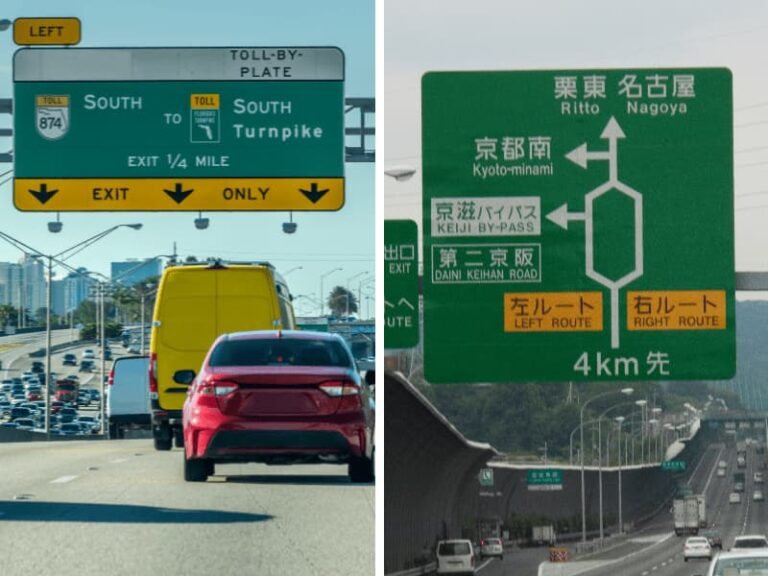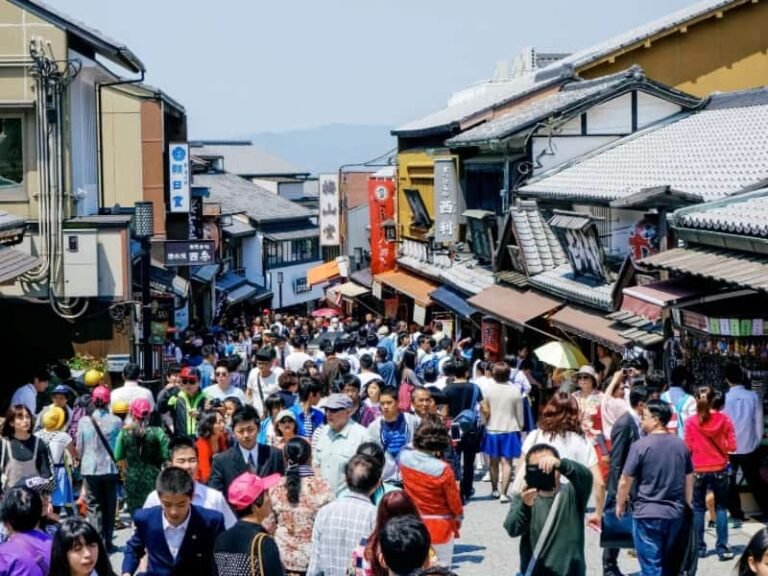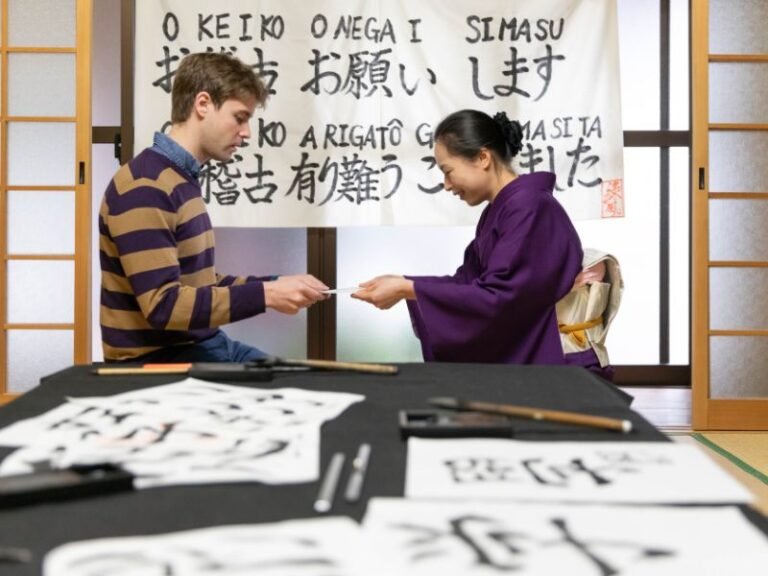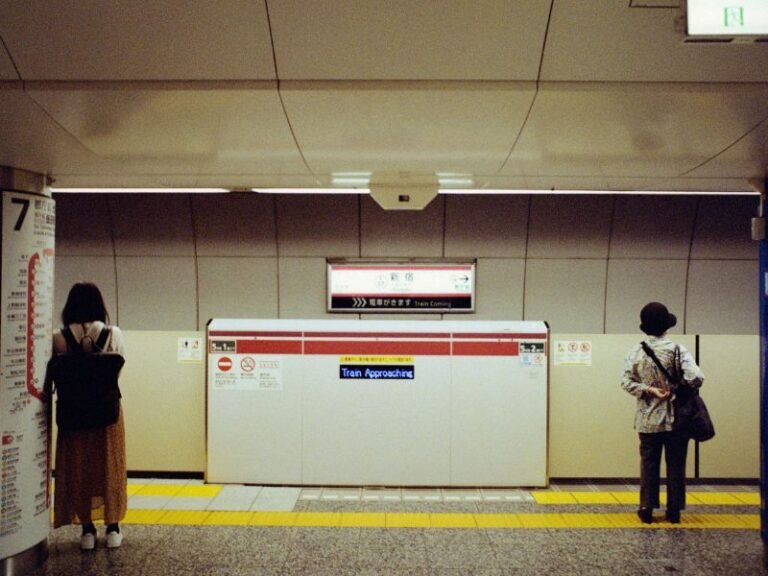5 Useful Japanese Words For Travelers (Like “Sumimasen”(すみません))
Planning a trip to Japan? You don’t need to memorize full Japanese sentences to enjoy your travel experience or connect with locals. In fact, just a few useful Japanese words for travelers can go a long way — opening hearts, showing kindness, and even making your day smoother.
Let me tell you why I believe in the power of these simple words.
A Personal Story: How One Word Made a Big Difference

Back when I was working in the U.S., I often had meetings with my American boss. He wasn’t fluent in Japanese, but he knew a few important Japanese words — and more importantly, he really understood Japanese culture.
Sometimes during our meetings, I struggled to find the right English words to express my thoughts. I’d freeze mid-sentence, feeling a little flustered. But my boss would gently ask me in Japanese, “Daijoubu?” (Are you okay?)
That single word always made me smile. It calmed me down instantly. Just hearing Japanese — my own language — in a kind and understanding way helped me relax and regain confidence. I could answer his questions in English with no problem after that.
That experience reminded me: you don’t need to speak perfectly to connect. Just knowing a few “magic words” can build a bridge — even across languages.
So today, I want to share five useful Japanese words that can help travelers in Japan communicate more smoothly, even if you don’t speak the language. Let’s dive in!
Sumimasen(すみません) – The All-Purpose Useful Japanese Words For Travelers
If you remember only one word from this list, let it be sumimasen.

This word is incredibly versatile. It can mean:
- “Excuse me” (to get someone’s attention)
- “I’m sorry” (for a small mistake)
- “Thank you” (when someone goes out of their way for you)
Examples:
- At a restaurant: “Sumimasen!” to call the server
- On the street: “Sumimasen…” after bumping into someone
- Receiving help: “Sumimasen, arigatou gozaimasu”
It’s polite, respectful, and shows you care about others — perfect for traveling in Japan.
Arigatou(ありがとう) / Arigatou gozaimasu(ありがとうございます) – Thank You
A must-know word!
- Use arigatou with friends or people around your age.
- Use arigatou gozaimasu when you want to be extra polite — like in restaurants, stores, or when someone helps you.
Japanese people really appreciate it when visitors say thank you in their language. You might even get a big smile in return!
Onegaishimasu(お願いします) – Please / I’d Like to…
This word is your go-to for polite requests. Use it when:
- Ordering food: “Ramen onegaishimasu” (Ramen, please)
- Asking for help: “Eigo no menyuu, onegaishimasu” (English menu, please)
- Requesting something at a counter: “Kippu onegaishimasu” (Ticket, please)
There’s also a helpful phrase:
“Yoroshiku onegaishimasu”(よろしくお願いします), which is often used when meeting someone, asking for help, or at the end of an introduction. It’s hard to translate directly, but it means something like “Thank you in advance” or “I’m counting on you.”
Daijoubu(大丈夫) – I’m Okay / It’s All Right

This is the magic word from my story earlier!
You can use it to:
- Ask: “Daijoubu desu ka?” – Are you okay?
- Reply: “Daijoubu desu.” – I’m okay / No thank you
It’s a caring and calming phrase, and it’s also handy when someone offers you something and you want to politely decline.
For example:
- “Do you need help?” → “Daijoubu desu.”
- “Would you like a plastic bag?” → “Daijoubu desu.” (No thanks)
It’s soft, polite, and easy to say.
Konnichiwa(こんにちは) – Hello

Simple and friendly!
“Konnichiwa” is the standard daytime greeting in Japanese. Use it when:
- Entering small shops
- Greeting someone in a casual setting
- Saying hello to someone during your sightseeing adventures
A friendly konnichiwa can brighten someone’s day.
Want to Learn How These Words Fit into Real-Life Manners?
Knowing a few Japanese words is a great start—but understanding how to use them politely in different situations is even better.
👉 Read next: Japanese Etiquette for Tourists: Essential Tips Before You Visit
From bowing and onsen rules to how and when to say “sumimasen” or “itadakimasu,” this guide will help you travel more confidently and respectfully in Japan.
Bonus Tip: Add a Smile and a Small Bow
Even if you only use these five words, your attitude and body language matter too. In Japan, a warm smile and a small bow show respect and politeness — even if you don’t say much at all.
So don’t be shy. You don’t have to be perfect — just trying is enough.
Frequently Asked Questions about Using Japanese Words While Traveling
Q1. Do I need to speak Japanese to travel in Japan?
A: Not at all! Many travelers visit Japan with little or no Japanese knowledge. However, learning just a few magic words like sumimasen and arigatou can make a big difference in how locals respond to you. People will appreciate your effort, even if it’s just a word or two.
Q2. What is the most useful Japanese word for tourists?
A: Without a doubt, sumimasen is one of the most useful words. You can use it to say “excuse me,” “sorry,” or even as a polite “thank you.” It works in shops, restaurants, stations, and anywhere you interact with people.
Q3. How do I pronounce “sumimasen”?
A: It’s pronounced: soo-mee-mah-sen (すみません). Say it with a soft tone and a smile—it’s all about your attitude!
Q4. What’s the difference between “arigatou” and “arigatou gozaimasu”?
A: Great question!
- Arigatou (ありがとう) = casual “thank you”
- Arigatou gozaimasu (ありがとうございます) = polite “thank you”
- If you’re speaking to someone older, a stranger, or in a store or restaurant, it’s safer to use the polite version.
Q5. Can I use body language instead of words in Japan?
A: Yes! A small bow and a warm smile go a long way in Japanese culture. Even if you don’t say anything, these gestures show respect and friendliness.
Q6. Is it okay if I pronounce the words wrong?
A: Don’t worry! Japanese people are very kind and understanding when foreigners try to speak Japanese. Even if your pronunciation isn’t perfect, they will appreciate your effort.
Final Thoughts
You don’t need to master Japanese to enjoy traveling in Japan. These five magic Japanese words — sumimasen, arigatou, onegaishimasu, daijoubu, and konnichiwa — are easy to remember and truly powerful.
They can help you communicate more smoothly, show respect, and even bring smiles to the people you meet. Like my boss who helped me feel calm with just one kind word, you too can bring warmth and connection during your travels — no fluency required.
Try these words out on your next adventure in Japan. You might be surprised how far they take you!
